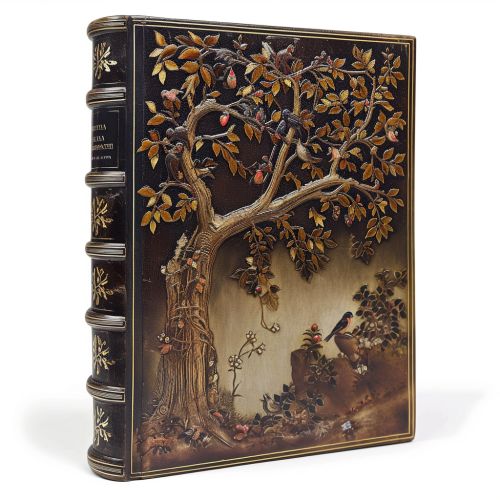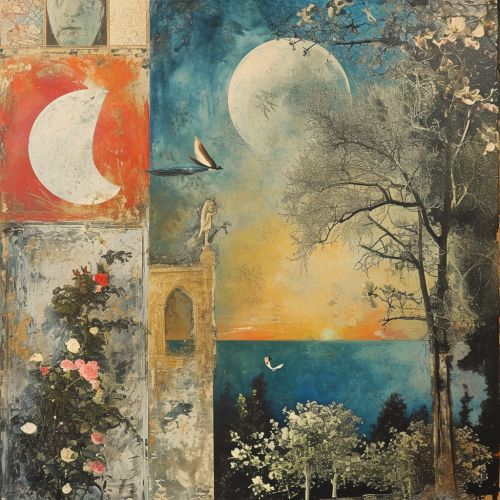French Poetry
Origins and Development
French poetry has a rich and varied history that spans centuries. It began in the Middle Ages with the epic poems of the troubadours and trouvères, who were poet-musicians of the 12th and 13th centuries. These poets composed their works in Old French and their themes often revolved around chivalry and courtly love.
The 14th century saw the emergence of the ballade and the rondeau, two forms that would become staples of French poetry. These forms were often used by poets such as Guillaume de Machaut and Charles d'Orléans, who were known for their lyrical and refined language.
The 16th century was a period of great innovation in French poetry. The Pléiade poets, including Pierre de Ronsard and Joachim Du Bellay, sought to elevate the French language to the level of the classical languages. They introduced new verse forms, such as the sonnet, and enriched the language with neologisms.
Classical French Poetry
The 17th century, often referred to as the Grand Siècle, or "Great Century", was dominated by two figures: Jean de La Fontaine and François de Malherbe. La Fontaine is best known for his Fables, which are considered a masterpiece of French literature. Malherbe, on the other hand, is known for his rigorous and somewhat rigid approach to poetry, which emphasized correctness of form and language.


The 18th century was a period of transition in French poetry. While the classical forms remained popular, there was a growing interest in new ideas and forms. This was reflected in the works of poets such as André Chénier, who is often considered a precursor of Romanticism.
Romantic and Symbolist Poetry
The 19th century was a golden age of French poetry. The Romantic movement, with poets like Victor Hugo, Alphonse de Lamartine, and Gérard de Nerval, brought a new freedom and emotional intensity to French poetry. This was followed by the Symbolist movement, which included poets such as Charles Baudelaire, Paul Verlaine, and Arthur Rimbaud. The Symbolists sought to evoke emotion through the use of symbolic imagery and musical language.


Modern and Contemporary French Poetry
The 20th century saw the emergence of new movements in French poetry, such as Surrealism and the Oulipo. The Surrealists, including André Breton and Paul Éluard, used techniques such as automatic writing to explore the unconscious mind. The Oulipo, a group of writers and mathematicians, used constraints to generate new forms and structures for their work.
Contemporary French poetry is diverse and vibrant, with poets exploring a wide range of styles and themes. Some notable contemporary French poets include Yves Bonnefoy, Jacques Roubaud, and Anne Carson.
